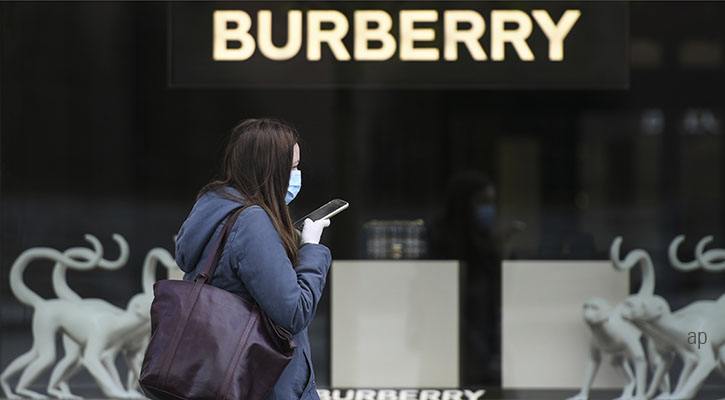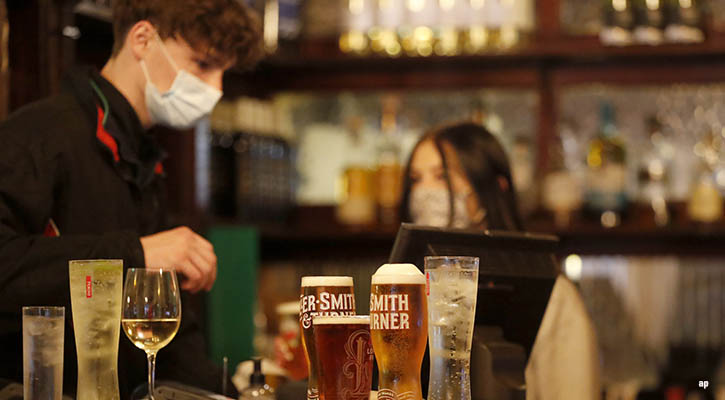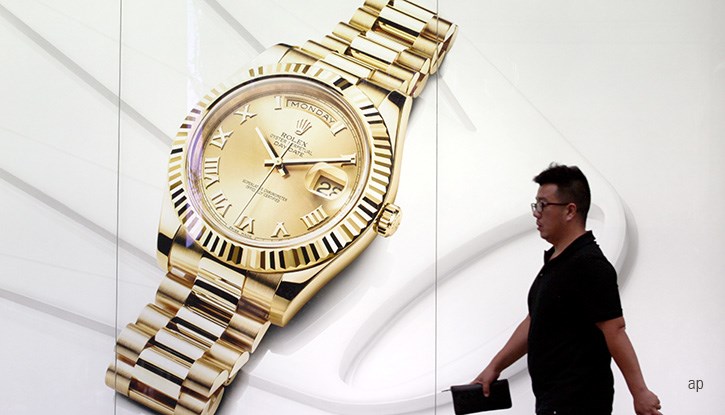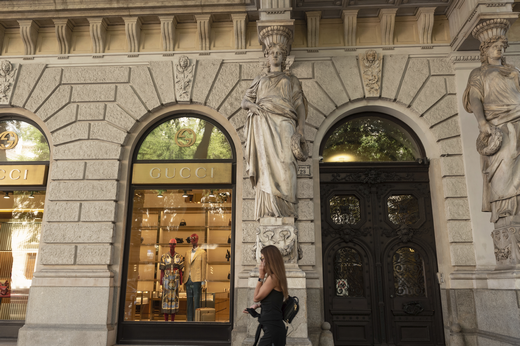
Fund manager Nick Train is backing luxury and consumer goods companies to thrive this year and beyond as part of a potential “Roaring 20s” for the global economy. But he expects the main driver of this hyper-consumption is likely to be money made from tech IPOs and dynamic digital companies rather than just the effects of re-opening following the pandemic.
“If there’s going to be a roaring 20s it’s going to be based around extraording wealth creation,” he said. That turbocharged growth is likely to benefit the likes of luxury fashion firm Burberry (BRBY) and drinks maker Diageo (DGE), both key holdings in the Finbsury Growth & Income Trust (FGT), which has a Morningstar Analyst Rating of Silver.
Burberry, which is in the trust’s top 10 holdings, was “absolutely clobbered last year” in the pandemic, Train said, but has made a strong recovery, gaining around 15% in the year to date. The company has experience of making strong comebacks from market collapses, Train said – from its 2008 nadir in the wake of the financial crisis, thine share price then went on to rise by seven times over the next five years. Train thinks that Burberry has not yet received the credit for investors for “premiumising” its brand from the lower end of the luxury market to “genuine luxury”, where profit margins are much higher.
As well as luxury items, Train expects the world’s new billionaires, especially in Asia, to drink higher priced spirits made by the likes of Diageo. “Premium beverage companies act as a proxy for wealth creation across the world,” he says. While consumers are drinking less alcohol by volume, they are chosing more expensive tipples like spirits made by Diageo and French drinks maker Remi Cointreau (RCO).
Owning Fund Managers
Sticking with the wealth creation theme, Train also said there are opportunities for investors in owning intermediaries like asset managers – ie. not just the products that the super rich buy, but the conduit for this new money as it ends up back in the stock market. The trust owns investment platform Hargreaves Lansdown (HL) and fund managers Rathbone Brothers (RAT) and Schroders (SDR), which have been among the best performers so far this year in share price terms. Investment platforms have reported increased customer numbers and assets under management since last year despite the market volatility. It’s all about “finding ways to participate in this wealth creation”, Train said. These financial sector companies “reflect improved business confidence in the UK and the improving stock market performance by the UK”. The FTSE 100 has pushed above 7,000 points in recent weeks and is up around 7% so far this year, having fallen by double digits in 2020.
We have recently looked at the potential for luxury goods makers to benefit from a wave of “revenge spending” among consumers cooped up at home and saving cash in 2020 – the Bank of England expects British consumers at least to spend around 10% of the £150 billion plus saved during the pandemic.
Steady Eddies
While the Deliveroo IPO was a disappointment for investors who bought into the offering, this has yet to dim enthusiasm for listing companies on the London Stock Exchange, whose parent company is held by the Finsbury Growth & Income Trust. Subsequent IPOs have performed much better, and some fund managers expect 2021 to be one of the strongest years for UK listings in years. For example, cybersecurity firm Darktrace (DARK) surged in the days since the IPO, helping to enrich founders like chief executive Poppy Gustafsson.
Away from the hype of tech IPOs, Train praised the steady performers in his portfolio such as Unilever (ULVR) and former stock of the week Mondelez. Both of these companies have increased their dividends and announced share buybacks, which should mean an 8-9% return to shareholders even if the share prices stand still this year. These represent the portfolio’s steady performers and unlikely to grab investor attention in the way that recently floated crypto platform Coinbase (COIN), whose fortunes have become tied up with the recent cryptocurrency mania. “We understand these companies are not Coinbase, but they continue to to grind out perfectly acceptable returns, as they have done for decades.”




























